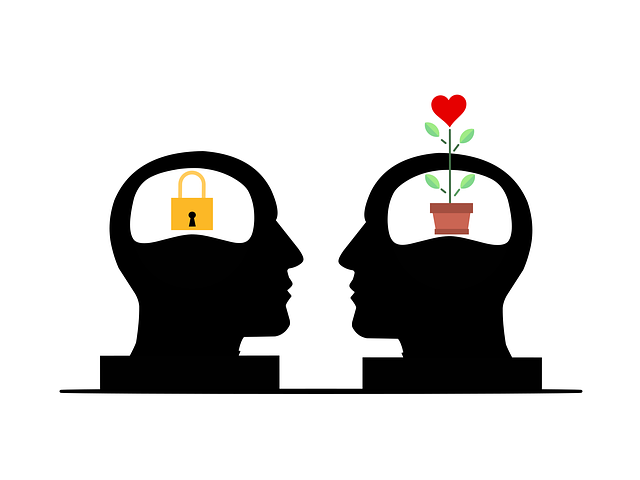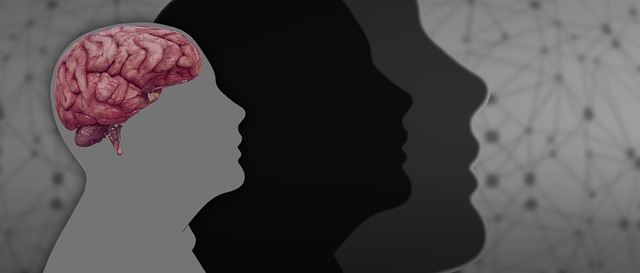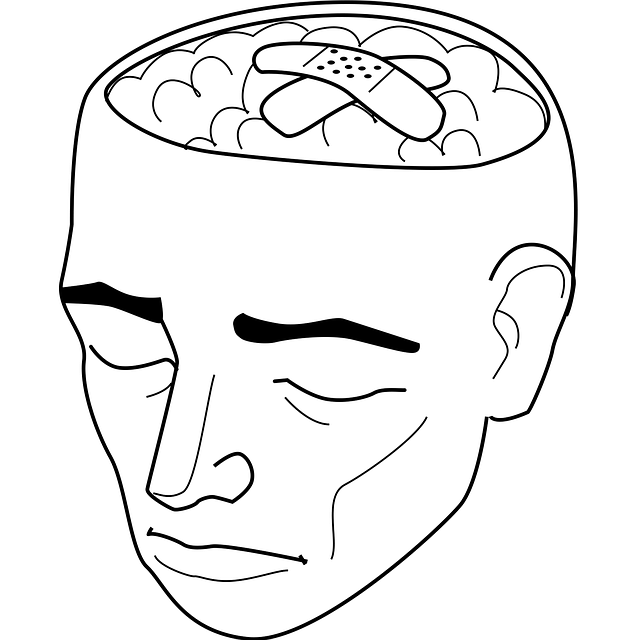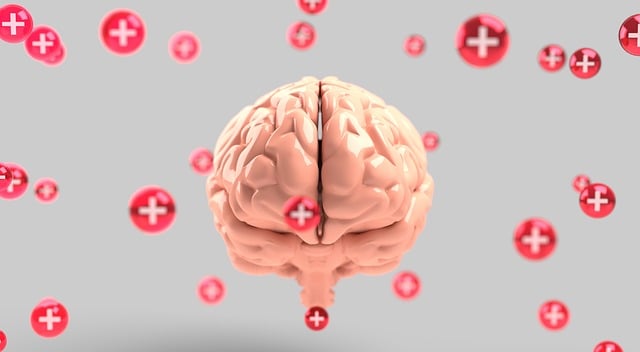Wheat Ridge Dialectical Behavioral Therapy (DBT) offers a comprehensive approach to emotion regulation and mental well-being, addressing immediate crises and fostering long-term resilience. This evidence-based therapy combines cognitive-behavioral techniques with Buddhist mindfulness practices, focusing on four core skill sets: mindfulness, distress tolerance, emotional regulation, and interpersonal effectiveness. Through individual sessions, group training, and community outreach, DBT empowers individuals to manage stress, improve communication, enhance decision-making, and achieve better life quality by alleviating anxiety and boosting emotional intelligence. Cultural sensitivity ensures tailored care for diverse clients, making Wheat Ridge DBT a powerful tool in today's stressful environment.
Emotion regulation is a vital skill for maintaining mental well-being, yet it’s often overlooked in everyday life. This comprehensive guide explores effective techniques through the lens of Dialectical Behavioral Therapy (DBT), specifically tailored by Wheat Ridge DBT therapy experts. We delve into core mindfulness practices, distress tolerance strategies, and interpersonal effectiveness, offering practical tools to navigate and manage emotions healthily. By understanding and mastering these skills, individuals can foster resilience and enhance their overall quality of life.
- Understanding Emotion Regulation: Why It's Essential for Well-Being
- The Role of Dialectical Behavioral Therapy (DBT) in Teaching These Skills
- Core Mindfulness Practices for Effective Emotion Management
- Distress Tolerance Strategies: Coping with Difficult Emotions
- Interpersonal Effectiveness: Building Healthy Relationships and Communication
Understanding Emotion Regulation: Why It's Essential for Well-Being

Understanding Emotion Regulation is paramount to achieving and maintaining well-being, as it empowers individuals to navigate their emotional experiences with greater skill and awareness. In today’s fast-paced world, stress and uncertainty can trigger intense emotions that, if left unchecked, may lead to mental health challenges such as anxiety or depression. Wheat Ridge Dialectical Behavioral Therapy (DBT) offers a comprehensive framework for learning effective emotion regulation techniques.
By integrating mindfulness practices, distress tolerance skills, emotional intelligence development, and interpersonal effectiveness, DBT equips individuals with the tools necessary to respond to their emotions in healthy ways. This holistic approach not only helps people manage acute emotional crises but also fosters resilience and promotes long-term mental wellness. Additionally, these skills translate into improved relationships, better decision-making, and an enhanced ability to pursue meaningful goals, ultimately contributing to a higher quality of life through Anxiety Relief and the development of robust Emotional Intelligence.
The Role of Dialectical Behavioral Therapy (DBT) in Teaching These Skills

Dialectical Behavioral Therapy (DBT) plays a pivotal role in teaching emotion regulation skills, particularly for individuals struggling with intense emotions and impulsive behaviors. Developed by Dr. Marsha Linehan, DBT combines cognitive-behavioral therapy techniques with concepts from Buddhist practice to help clients develop effective coping strategies. This approach is highly beneficial for those who might be at risk of self-harm or have co-occurring disorders like borderline personality disorder (BPD).
Wheat Ridge Dialectical Behavioral Therapy focuses on four key skill sets: mindfulness, distress tolerance, emotional regulation, and interpersonal effectiveness. Through individual therapy sessions and group skills training, clients learn to observe their emotions without judgment, tolerate distressing situations safely, regulate intense feelings constructively, and improve communication with others. The integration of cultural sensitivity in mental healthcare practice is a significant aspect of DBT, ensuring that techniques are tailored to meet the unique needs of diverse individuals. Moreover, risk assessment for mental health professionals is crucial in managing clients effectively within this framework, especially when organizing stress management workshops or similar group interventions.
Core Mindfulness Practices for Effective Emotion Management

In the context of Wheat Ridge Dialectical Behavioral Therapy (DBT), core mindfulness practices play a pivotal role in teaching individuals effective emotion management skills. Mindfulness is about paying attention to the present moment without judgment, allowing individuals to observe their emotions and reactions as they are, rather than trying to suppress or avoid them. This practice forms the foundation for regulating emotions by enhancing self-awareness and acceptance. Through mindfulness meditation, breathing exercises, and body scans, DBT clients learn to acknowledge and understand their emotional states, which is crucial for effective management.
Integrating social skills training within this framework enables individuals to respond mindfully in interpersonal situations, fostering healthier communication and relationships. By practicing mindfulness in daily life, individuals can improve their ability to manage stress and prevent burnout, a common challenge in today’s fast-paced world. Stress Management Workshops Organization often incorporates DBT techniques to empower participants with tools for emotional resilience, which can significantly contribute to overall well-being.
Distress Tolerance Strategies: Coping with Difficult Emotions

Distress Tolerance Strategies are a crucial component of Wheat Ridge Dialectical Behavioral Therapy (DBT), designed to help individuals cope with difficult emotions in the moment, until more effective emotional regulation techniques can be learned and implemented. These strategies provide folks with tools to navigate intense feelings without resorting to harmful behaviors or exacerbating their distress. By focusing on acceptance, mindfulness, and skill utilization, DBT offers a range of coping mechanisms tailored to various emotional challenges.
For example, the “Distress Tolerance Skills” module within DBT includes techniques like self-soothing practices, distraction strategies, and radical acceptance. These methods enable individuals to boost their confidence in managing emotions independently. Moreover, community outreach program implementation plays a vital role in promoting Mental Health Awareness, ensuring that these strategies are accessible to a wider audience who may benefit from them.
Interpersonal Effectiveness: Building Healthy Relationships and Communication

Emotional regulation techniques often extend beyond individual coping skills to include interpersonal effectiveness. Building healthy relationships and enhancing communication are crucial aspects of managing emotions, especially in the context of Wheat Ridge Dialectical Behavioral Therapy (DBT). Effective communication fosters empathy, allowing individuals to understand their own feelings as well as those of others. This skill is enhanced through active listening, clear expression of needs, and assertive yet respectful interactions.
In addition to these interpersonal strategies, Empathy Building Strategies play a significant role in emotional regulation. Mentally noting another person’s perspective broadens one’s understanding, leading to more nuanced responses rather than impulsive reactions. Moreover, integrating Mental Wellness Journaling Exercise Guidance into daily routines provides individuals with an outlet for processing emotions and tracking their progress over time. This introspective practice complements the external aspects of interpersonal effectiveness, contributing to overall mental wellness through consistent Self-Care Routine Development for Better Mental Health.
Emotion regulation techniques, as demonstrated through evidence-based practices like Dialectical Behavioral Therapy (Wheat Ridge DBT), are invaluable tools for maintaining mental and emotional well-being. By integrating mindfulness, distress tolerance, interpersonal effectiveness, and core skills, individuals can effectively navigate life’s challenges and foster healthier relationships. These strategies empower folks to manage their emotions constructively, enhancing overall quality of life.












